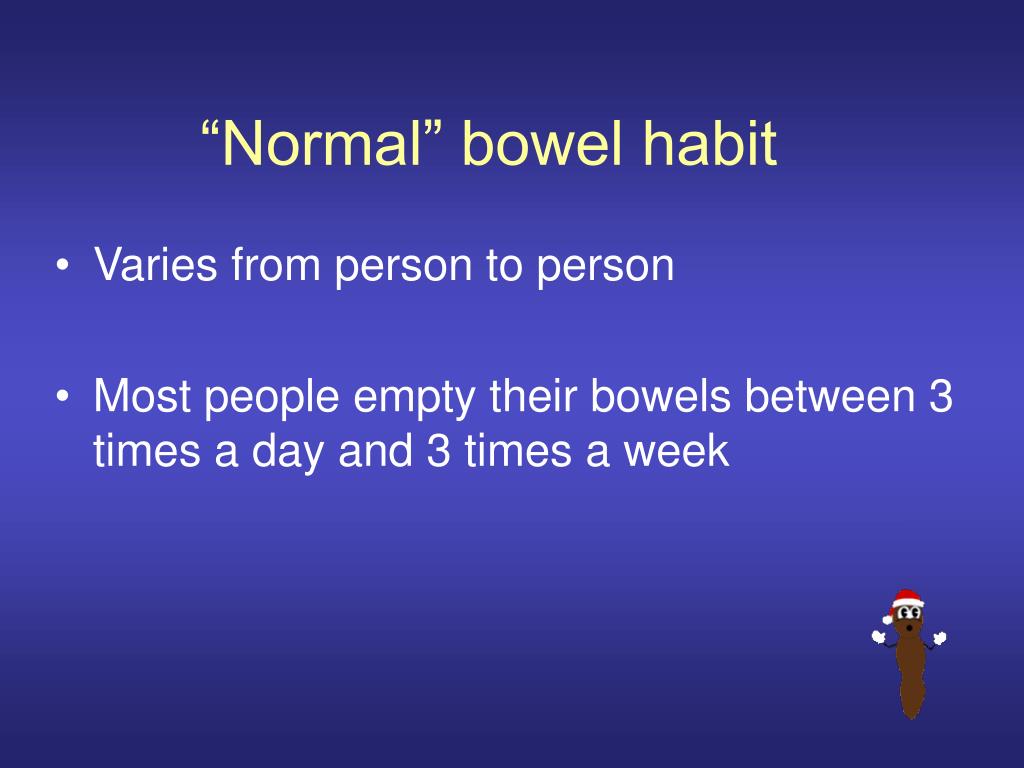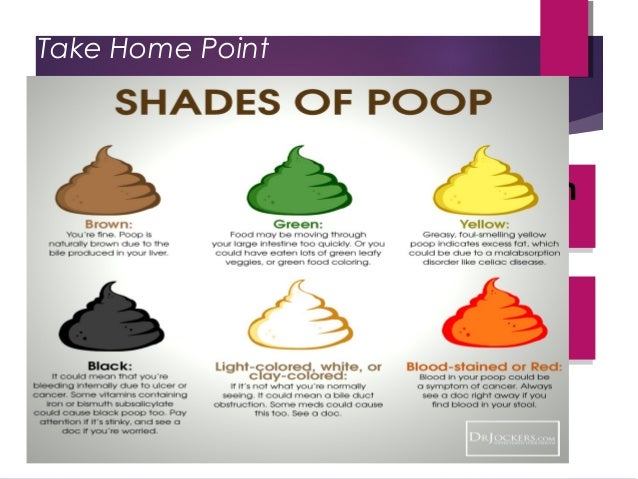


More than half of post-infectious IBS patients will gradually get better over time. One exception is for individuals who developed IBS after food poisoning or post-infectious IBS. Many IBS patients will experience symptoms their whole life. IBS is often a chronic disease or illness that has ongoing symptoms and lasts a long time, typically many years of life-long. It is very common for the symptoms to change as well as the subgroup (IBS-D, IBS-C or IBS-M) and severity to change. Some can have symptoms a few days a month while others may have daily symptoms for weeks or months at a time. A lifetime of IBS?Įach person’s illness experience with IBS is unique. This research is ongoing and hopefully lead to the development of a diagnostic test for IBS in the future. These studies suggest that certain genes play a role in IBS. Also, siblings of IBS patients are more likely to have the condition as well. There are several studies showing that children of mothers with IBS are slightly more likely to be diagnosed with IBS. These disturbances can produce symptoms of abdominal pain or discomfort, bloating or a sense of gaseousness, and a change in bowel habits ( diarrhea and/or constipation). More recently, it has been discovered that in some IBS patients there is a change in the way the brain controls the functions of the bowel, and also in how the bowel sends information back to the brain. Sometimes IBS will develop after a person has a food poisoning or bowel infection (enteritis). These changes can alter the way the digestive system functions and how the brain senses things that are happening in the bowels. The central nervous system’s interpretation of painful signals coming from the gut.minor increases in bowel inflammation (body responses to protect us from infection), and.changes in the bacteria that live in the gut (microbiota),.Improper functioning of the immune system (over or under active).However, there is increasing evidence that the GI symptoms experienced in IBS may be caused by one of more of the following: For this reason, it has been referred to as a functional gastrointestinal (GI) disorder. In IBS, the digestive system appears normal on routine tests. IBS can also severely impact a person’s quality of life. Studies have shown that IBS patients have an increased number of health care visits, diagnostic tests, and surgeries. This condition affects up to 5-10% of individuals worldwide and it can affect children and adults of both genders.Īlthough IBS does not shorten a person’s life span, it is associated with a large health care and economic burden. Irritable bowel syndrome (IBS) is a gastrointestinal (GI) condition that causes recurrent attacks of abdominal pain or discomfort in association with bowel habits. IBS Patients: Their Illness Experience and Unmet Needs.Irritable Bowel Syndrome and a Healthy Holiday Season.Assessing the Risk and Benefit in Treatment.Relaxation Techniques to Manage IBS Symptoms.Complementary and Alternative Medicine: Selecting a Practitioner.Complementary and Alternative Treatments.Understanding and Managing Pain in Irritable Bowel Syndrome (IBS).Five Low FODMAP Diet Pitfalls (and What You Can Do to Avoid Them).The Low FODMAP Diet Approach: Dietary Triggers for IBS Symptoms.Changes You Should Not Ignore if You Have IBS.You will probably be able to go back to most of your usual activities in 1 or 2 days. These symptoms should get better in 1 or 2 days. You may feel the need to urinate more often, and you may have some blood in your urine.
Bowel habits definition how to#
Your doctor may have shown you how to do dilation at home.Īfter dilation, your urethra may be sore at first. After dilation, urine should be able to pass more freely from your bladder. The catheter is removed after a few days. The doctor then may have placed a thin, soft tube (catheter) in the urethra to drain urine and to keep the urethra open. To open the narrowed part, the doctor used one or more thin tools to stretch the stricture. Dilation often can relieve symptoms by widening the urethra. When the urethra is narrow, it's hard for urine to pass through and out of your body. Sometimes scar tissue narrows the urethra.

The urethra is the tube that carries urine from your bladder to outside your body. Urethral dilation is a procedure to stretch the sides of the urethra.


 0 kommentar(er)
0 kommentar(er)
